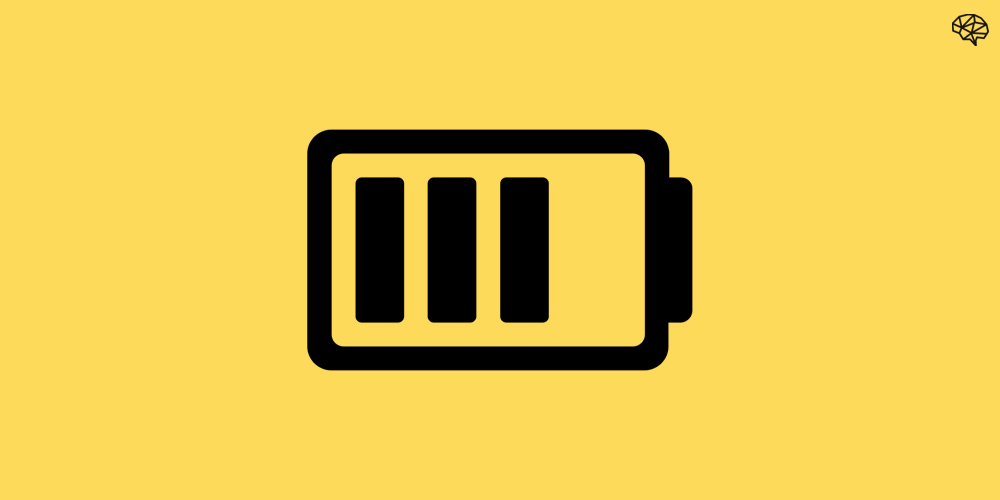In late August, Dave Hale (co-founder at Craft & Crew) shared the greatest business advice he’s ever received:

Manage your energy, not your time.
We hear a lot about ‘time management’, but not nearly enough about energy management which, to me, is the more effective way of dealing with mounting priorities and growing instances of burnout.
But how? How does one manage their energy? So I asked –

Dave was kind enough to respond in detail so I’ll share his response for you below in pieces so I can add my thoughts.
Part 1 – Know your energy patterns
“There’s two aspects to it; (1) knowing your energy patterns on an average day…for me I can get nearly THREE TIMES more focus work done between 5am and 8am than any other time of the day. I’ll use this time for things like proposals. I am really not effective in the afternoon so I just don’t attempt to do anything other than meetings or answering emails (I’ll often do personal tasks like chores or errands during this time as well).”
The first step is knowing how your energy fluctuates throughout the day.
We’re all different – many flourish in the mornings while a handful peak after sundown. You likely already have a sense of which camp you fall in, but if not pay attention to your level of alertness throughout the day to identify your peaks and valleys. You need to know how your energy levels flow throughout the day.
Why is this important?
Knowing your energy levels allows you to schedule your day more effectively. You can carve out blocks of distraction-free time in your calendar to work on your most important stuff – the tough stuff, the important stuff, the stuff that generates the most value. That’s where you’ve got max brain power to work with.
As your energy tapers off later in the day, that’s when you want to schedule your meetings and admin work – the stuff that requires less mental energy.
Here’s a small example of how that looks in my calendar:

As you can see, I’ve got a handful of blue hours carved out each morning (my peak energy periods) where nobody can schedule me for anything. This is where my most important work happens (most of the time).
OK, so you know your peak energy levels. You’ve carved out some time in your calendar to take advantage of those peaks. Now where do you get started? According to Dave, it’s best start with what feels best.
Part 2 – Start with what feels best
“(2) is much more important I think…at the start of each day I’ll look at my prioritized list of tasks and hardly ever start with #1…I scan the list and tackle whatever FEELS best. Whatever I have energy for. Sometimes this means I’m late delivering things to people but I’d much rather submit excellent work a little late than mediocre work on time. Tracking over time, I can also get about 50-75% more work done each week following this model while feeling like I did 20-30% less. Ultimately, I think we are slaves to the idea that we must work on whatever is most important at very specific pre set times. I also encourage my direct reports to manage their energy not their time.”
More than anything, I like this line – ‘I think we are slaves to the idea that we must work on whatever is most important at very specific times.’
While you want to make the most of your peak energy periods, it doesn’t have to be a rigid routine where you work top down from your list of priorities. In fact, you should take a more fluid approach. Ease into your session with an easier task (or set of tasks) you feel good about that gets you warmed up for the hard stuff.
This can be answering a few emails you’ve been putting off, getting your meeting notes organized, or whatever other rudimentary tasks you’ve got lined up.
Think of yourself like an athlete coming to play an important game. You always want to get a good warm-up in before the main event. That’s how you maximize your performance in the big game.
What you don’t want to do is use your entire peak energy period on low energy admin work like answering emails (unless that is truly your highest and best use of time). More often than not, that’s a waste of brain power.
So here’s the quick summary on how to manage your energy effectively:
- Identify your energy patterns (when it peaks and when it wears off),
- Schedule your work strategically around your peaks and valleys,
- Give yourself the freedom to ease into your day with work that feels right.
Go get it.
✌




